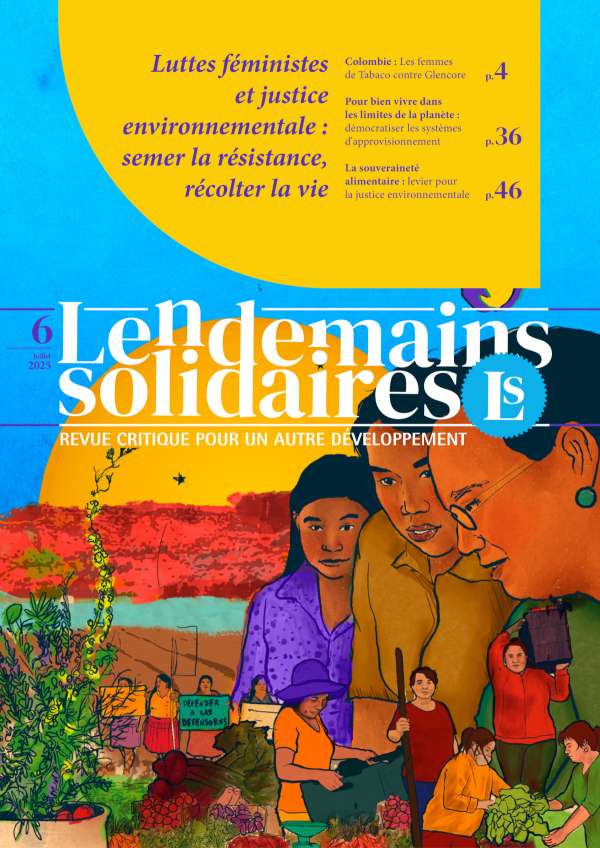CETIM focuses on the promotion and implementation of economic, social and cultural rights (ESCR). They are the backbone of human rights and a powerful tool for achieving a self determinated development model by peoples. This is particularly true for the most vulnerable and marginalised populations. Properly implemented, these rights contribute to the respect for human dignity and to the achievement of social justice. On the contrary, the violation of any of them can jeopardise the enjoyment of all the others.
The universality, indivisibility and interdependence of human rights are enshrined in international instruments. Yet, we are still a long way from their effective implementation for all, and ESCR are among the worst off. Indeed, the basic needs (food, water, health, housing, education) of a third of humanity are still not being met. In some respects, the situation has even deteriorated, including in the countries of the North. This is due to the fact that the policies adopted at economic level accentuate ESCR violations and cause
– increased poverty
– growing inequality across the world
– multiple crises (political, economic, financial, environmental, social and cultural).
By definition, human rights are designed to protect citizens from the arbitrary actions of the most powerful and their governments
The international health crisis linked to COVID-19 has only exacerbated this situation. It has also shown the importance of implementing public policies based on ESCR. In particular, the right to health, the right to housing, the right to food, the right to water, the right to work, the right to education and the right to social security.
But for human rights to be better respected, they must be known, they must be demanded and they must be enforced. However, victims are often unaware of their rights and of the mechanisms available to them for appealing (at national, regional or international level). States, which have an obligation to inform and educate their citizens about human rights, often fail in their duties.
The role played by civil society organisations and social movements in human rights education and training is therefore crucial
– to denounce human rights violations
– to contribute to the implementation of existing standards.
HUMAN RIGHTS COUNCIL 4th session March 12 – March 30 2007 Read the CETIM’s written statement The South has already repaid its external debt to the North, but the North refuses to recognize its debts to the South1 1. Since the debt crisis, precipitated in 1979 by changes in US monetary policy in the form […]
Continue reading
HUMAN RIGHTS COUNCIL 4th session March 12 – March 30 2007 Read the CETIM’s written statement Privatizing of education or depriving of education?1 1. The right to education is universally recognized, both by specialized international organizations and by the governments of the member states. However, in practice, this recognition remains without effect in most counties, […]
Continue reading
HUMAN RIGHTS COUNCIL 4th session March 12–30, 2007 Read the CETIM’s written statement 1. Child labour has probably existed from the beginning of history1. But the establishment of the capitalist world system in the fifteenth century, and its consolidation, in the eighteenth and the nineteenth centuries, brought with it child labour on a large scale, […]
Continue reading
HUMAN RIGHTS COUNCIL 3rd session 29 November – 8 December 2006 [Excerpt from the statement] The body should be composed of independent experts with recognised expertise in human rights, elected by the members of the Council, as is the case for the International Law Commission. Its composition should also comply with the principle of equitable […]
Continue reading
I. THE DECISION TO ABOLISH THE COMMISSION ON HUMAN RIGHTS1 The United Nations “Summit” held in September 2005, approved in its Final Declaration to abolish the Commission on Human Rights and to replace it by a Council on Human Rights. The Council’s features are not defined in the Final Declaration, but the superpower and its […]
Continue reading
« Previous
1
…
29
30
31
32
33
…
45
Next »


